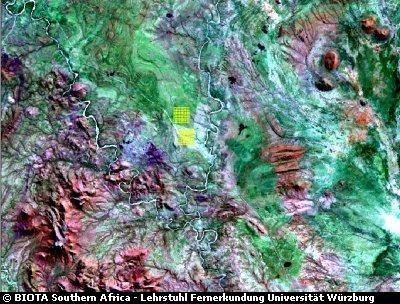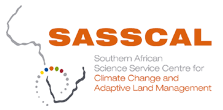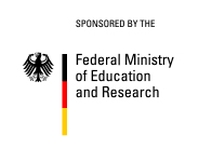Data availibilty
Narais
The list below shows which other data is available for this observatory.
Other observatories
The list below shows for which other observatories the following datatype is available:
Remote Sensing
(List in North-South Direction)
|
 Narais (S39) - Remote Sensing
Explanations for ETM-subsetsThis image is a subset of a Landsat 7 ETM+ image, covering a size of about 30 km by 25 km, which was acquired during the rainy season. It is visualized as a so-called false colour composite. On the Red, Green and Blue channels the spectral bands 4: NIR (near Infrared), 5: MIR1 (Mid Infrared 1) and 3: visible red of the Landsat ETM+ sensor are displayed (RGB: 4-5-3).This band combination suits best for a detailed visualization of different land cover properties. Due to that, the displayed colours are not natural.

|
Details |
|
Observatory |
Narais (S39) |
|
Info |
In the displayed image the observatory is given as a dotted rectangular box of 1km x 1km extension. |
|
WRS2 Path-Row |
178-76 |
|
Acquisition Date |
17.05.2000 |
|
Image Details |
The topography in the Rehoboth area is highly diverse. The observatories are located in a nearly flat area between rocky outcrops and mountain hills. Reddish colours at the mountains are either induced geologically or by dense (shrub) vegetation. Different land use lead to different vegetation cover. Brighter colours at Duruchaus (south) indicate a more open vegetation than on Narais (North). |
In general, the colours refer to the following land cover types:
-
Dark Blue: Water bodies, dams and lakes without Algae.
-
Light Blue: in populated places mainly buildings, outside of towns mainly rocks, and very sparsely vegetated soils.
-
Red: Very dense and vital vegetation like bush thickets, forests or planted fields, in towns: gardens.
-
Green: "middle dense" or less vital vegetation, like grass savanna (light green) and dry bush (dark green).
-
White: bare soil or sparsely vegetated areas, independently from the natural soil colour, also gravel roads and pads.
-
Intermediate colours are representing mixed pixels with information of several land cover types.
|
|


 Narais (S39) - Remote Sensing
Narais (S39) - Remote Sensing


 Angola
Angola Bicuar National Park
Bicuar National Park Namibia
Namibia Aussinanis
Aussinanis South Africa
South Africa Alpha
Alpha Zambia
Zambia Dongwe
Dongwe

 Ogongo
Ogongo Alpha
Alpha





